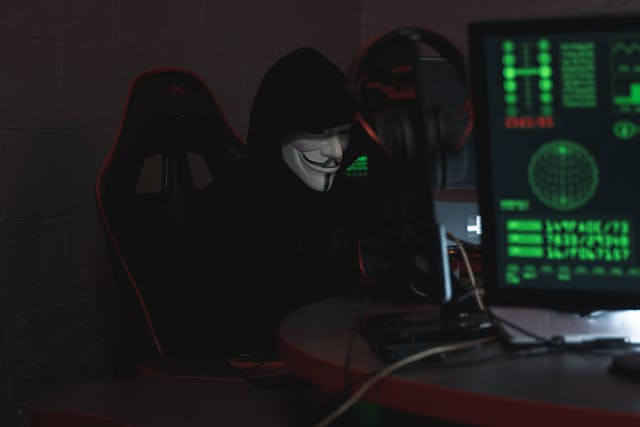
Why do people believe in conspiracy theories? People believe in conspiracy theories for a number of different reasons. They can give people a sense of being in control, of feeling special, or of belonging to a group. It is also much easier to believe in conspiracy theories today than at any point in history.
Recently, it seems that there is a new conspiracy theory making the rounds every day and they all seem to be more outlandish than the one before. People have to jump through all kinds of mental hoops to explain away the inconsistencies to their theory and no one can ever really answer the question of why people or a government would lie to us. There have obviously been conspiracies throughout history. Nixon’s Watergate scandal was an example. However, there is a relationship between the number of people involved in a secret and how long it can remain a secret. Basically, unless it is just one person, the secret will most likely be found out. Which means, having 600,000 people involved in a conspiracy such as the moon landing, makes it very unlikely that it would still be a secret. So, why are some people more likely to believe in conspiracy theories?
It doesn’t always come down to intelligence and research has shown that intelligent people are sometimes even more likely to believe conspiracy theories and fake news because their higher intelligence allows them to rationalize their beliefs and come up with compelling reasons. They may also use the fact that they are intelligent as a reason why they must be correct. A lot of intelligent might think they read everything very carefully, but often they skip over a lot of the details, using their knowledge and experience to fill in the gaps. Intelligent people also have greater credibility and are more effective at passing conspiracy theories on.
People that believe in conspiracy theories generally have some characteristics that are the same. Often, these people have a sense that they are not in control of their own lives. That could be work, friends or family. Believing in a conspiracy theory gives them the sense that they may not have control over their lives, but they do have control over this information. It can also give them a feeling of superiority. We all know how it feels to talk to someone, knowing that what they are saying is wrong and what we know is right. We also know how it feels to have a secret or some information that the other person doesn’t have. It makes us feel important. Well, believing in a conspiracy theory is just an extension to that feeling. You are the person with the truth, and that makes you special.
As social animals, we live our lives wanting to be a part of a group and if we are kicked out of that group, we suffer. That is because animals that live in groups are safer and can find more food than animals that live alone. That is why we form friend groups, work groups, and many other groups. It is also the reason why cults can form. A belief in a conspiracy theory works along the same lines. If you are with people who believe the same thing, even if they are only online, you get a sense of belonging to a group, which is something that we have evolved to seek out.
People who believe in conspiracy theories are also more likely to feel in danger in their daily lives. They see threats in a lot of places and believing in a conspiracy theory is a way of rationalizing that fear and partly controlling it. It is better to be scared of something specific than something amorphous. These people are also more likely to be intuitive than rational. They are more likely to go with their gut feeling. (Incidentally, the bacteria in our gut can actually influence the way we think, so gut feeling is a real thing.)
And the last reason I’ll cover is that people get defensive when they are called out on something. No one likes to look foolish. If we are called out on a conspiracy theory that we have pushed for, we will get defensive and double down, even if we are not completely sure. That could reinforce our beliefs.
Conspiracy theories are far more prevalent these days and much easier to believe in because of something called “confirmation bias”. That means that you only listen to evidence or information that supports your preconceived idea, while ignoring everything that goes against it. It is easier because of the algorithms on sites like YouTube. Before YouTube, if you believed that the Earth was flat, you would search for it and you would get more reasons why it isn’t than why it is. Which makes sense. Since YouTube and Google’s algorithms, YouTube will learn that you are looking for videos on why the Earth is flat and it will start to feed you nothing but those videos. You will have constant videos to support your conspiracy theory and nothing to oppose it. It will be far easier to believe the idea that you have. And now you can find the information constantly, 24 hours a day, 365 days a year. Conspiracy theories will only get worse. And this is what I learned today.
Try these:
Sources
https://www.apa.org/news/press/releases/2023/06/why-people-believe-conspiracy-theories
https://www.theguardian.com/books/2019/apr/01/why-smart-people-are-more-likely-to-believe-fake-news
Photo by Tima Miroshnichenko: https://www.pexels.com/photo/person-wearing-a-mask-sitting-on-chair-while-using-a-computer-5380605/

Pingback: How does YouTube learn what I want to watch?